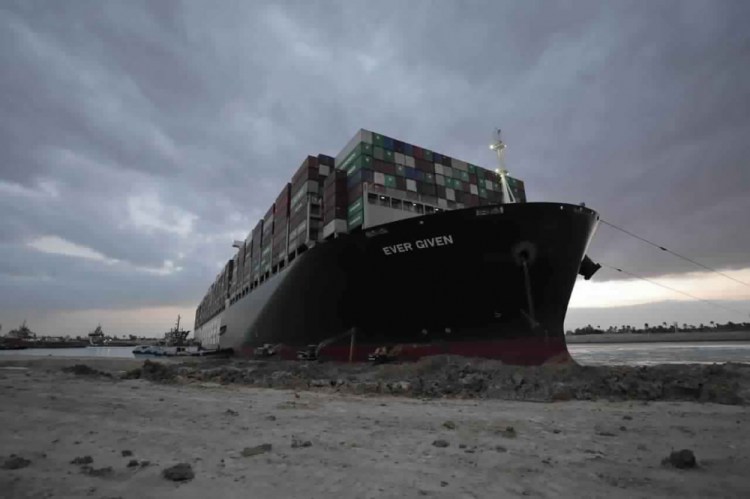Information from The Associated Press was used in this report.
Send questions/comments to the editors.
As of Monday morning, the cargo container ship is afloat and free in the Suez Canal in Egypt.
The MV Ever Given, a Panama-flagged, Japanese-owned ship that carries cargo between Asia and Europe, got stuck Tuesday, March 23, in a single-lane stretch of the canal. In the time since, authorities have been unable to unstick the vessel and traffic through the canal — valued at over $9 billion a day — has been halted, further disrupting a global shipping network already strained by the coronavirus pandemic.











Information from The Associated Press was used in this report.
Send questions/comments to the editors.
Success. Please wait for the page to reload. If the page does not reload within 5 seconds, please refresh the page.
Enter your email and password to access comments.
Hi, to comment on stories you must . This profile is in addition to your subscription and website login.
Already have a commenting profile? .
Invalid username/password.
Please check your email to confirm and complete your registration.
Only subscribers are eligible to post comments. Please subscribe or login first for digital access. Here’s why.
Use the form below to reset your password. When you've submitted your account email, we will send an email with a reset code.